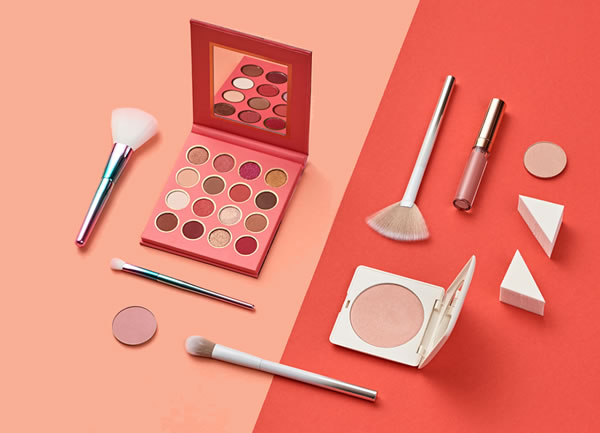You may have read in the media about a report from the Danish Consumer Council and CHEM Trust alleging that cosmetics and personal care products contain harmful chemicals, which can have negative effects on our health and the environment.
At CTPA, we know that these reports and media articles can make us feel worried and leave us wanting to know more about what is in our cosmetics and personal care products. The good news is that there is no cause for concern – any suggestion that cosmetics contain chemicals harmful to us or the environment is simply not true.
Dr Emma Meredith, Director-General at CTPA and a pharmacist says:
“Cosmetics are one of the most studied and safest product categories on the market. Cosmetic companies put their ingredients and products through years of development and assess them for safety before they are allowed anywhere near our shelves and our bodies. Not only do companies do this because safety is their highest priority, but also because the UK has strict laws dedicated to cosmetics.”
Cosmetic products and their ingredients are safe
All cosmetic products sold in the UK are regulated by strict UK legislation. The most important purpose of these laws is to protect the safety of those who use cosmetics.
All ingredients in cosmetics and personal care products undergo much research, carried out by both industry expert scientists and independent scientists reporting to authorities across the world, before being introduced to the market. Also, every single cosmetic product must be approved by a safety expert before being sold. This safety assessment looks at the wealth of science behind the ingredients, who uses the products, how they are used and how often over a lifetime. Once on sale, companies continue to monitor consumers’ use of their products, for example by recording and monitoring any adverse reactions, as well as reviewing any new science that becomes available to confirm a product’s ongoing safety.
Cosmetic ingredients do not damage fertility or disrupt the endocrine system
Cosmetic ingredients are not endocrine disruptors. There is no evidence linking ingredients in cosmetics, such as the safe and effective paraben preservatives, with a decline in fertility or mimicking hormones such as oestrogen. Any such effects would cause the ingredient to be banned in all cosmetic products, it really is as simple as that.
Critically, just because something has the potential to mimic a hormone in laboratory tests, does not mean it will disrupt the endocrine system in the human body. Many substances found in nature can mimic hormones, and we harmlessly ingest them in the food we eat in concentrations many million times greater than ingredients found in cosmetics and personal care products. Endocrine mimics include phytoestrogens - oestrogen-like compounds found in plants. We eat these in foods such as cabbage, soya beans and sprouts. We rightly have no concerns about there being adverse health effects associated with these dietary exposures. There are no concerns with using cosmetic products either.
Managing cosmetic allergies
It is unfortunately the case that some of us will be allergic to certain ingredients used in cosmetics, just as we can be allergic to pollen, cats, nuts or gluten. Almost any substance, natural or man-made, has the potential to produce an allergic reaction in someone, somewhere. As with some foods, you may not know you are sensitive to a cosmetic ingredient until you try out a product and have an adverse reaction. All cosmetic products sold in the UK, and across the EU, are legally required to display a complete ingredients list. The ingredient list was introduced to specifically help people identify products with ingredients to which they know they are sensitive or allergic and avoid them. In addition, where a higher risk of allergy has been identified, such as with some hair dyes, the product will always carry a warning label and users will be advised to carry out an allergy alert test before applying the product in full. Importantly, if you have a diagnosed allergy to a specific ingredient(s) always check the entire ingredients list.
Making sure cosmetic ingredients are safe for the environment
Safety is the highest priority for the cosmetics industry. Not only does this mean ensuring that products are safe for us to use but that they are also safe for the environment after they are used and washed off down the drain or evaporate into the air. There are robust laws in place covering the safe use of chemicals, including cosmetic ingredients.
Therefore, companies also conduct safety assessments on their ingredients and products to make sure that they are safe for the environment. These assessments take into account how the ingredient could enter the environment, whether and how it will break down, and any effects it could have.

